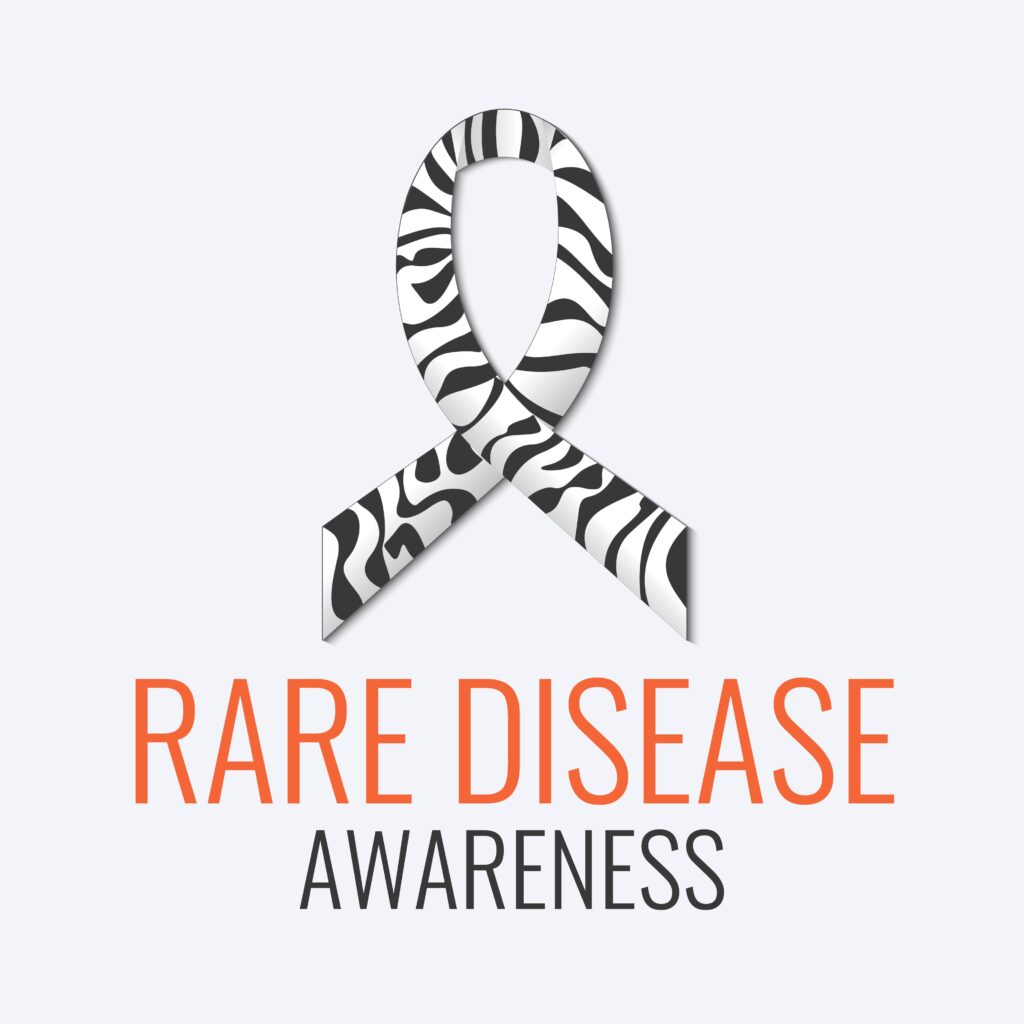Rare diseases, despite the rarity the term implies, are a life-changing and, unfortunately, life-ending issue for millions of people across the globe. Despite this they are among the most neglected diseases affecting humanity.

A key component of the neglect for these conditions is due to the misconception regarding the sheer number of those affected. While each individual condition may affect only a few hundred to a few thousand, cumulatively these diseases affect millions.
Rare Disease Day is marked today, intended to raise awareness of the umbrella term which encompass several thousand conditions to date. Rare diseases cumulatively affect around 350 million people worldwide. This figure includes roughly seventy million individuals in India.
According to Rarediseaseday.org “India does not have [a] definition for rare diseases. [The] Government of India has no public policy on Rare Diseases or on Orphan Drugs. It is further compounded by lack of trained doctors or diagnostic labs etc. There are no incentives to [the] Indian pharma industry to develop Orphan Drugs.”
Policy has been implemented recently to address the issue. The recent National Policy for Rare Diseases, 2020 Bill, however, has been criticised thoroughly by advocacy groups arguing that – in many cases – the Bill offers no support to those affected at all.
As mentioned by Rarediseaseday.org, a major hurdle to addressing these conditions is the lack of incentive for pharma companies to invest in research. Due to the lack of a treatment market, research that is conducted entirely through private funding may be a major difficulty, as there is likely to never be a return on investment. The situation necessitates public-private partnerships in order to address these funding issues. However, with even government awareness of the conditions remaining low, this may also be a situation unlikely to manifest in the near future.
Awareness is vital to pushing rare diseases onto the stage as a national issue. This point was heavily emphasised by Prasanna Shirol co-founder and director of the Organisation for Rare Diseases India (ORDI) in an interview with Health Issues India last year
“Awareness among all stakeholders is key for 360-degree management of rare disease in India, and if you had noticed that is the mission we at ORDI are relentlessly working towards. The Government would only notice rare diseases if it is a national issue. We need the power of community voice to make a difference in the rare disease sector. Our Race for 7 is one of the unique initiatives in the world in this direction.”
Shirol added that “India needs a long-term, holistic approach towards management, relevant policy and funding. We need to focus on newborn screening to arrest and robust diagnostic support for early diagnostic and management.”
It is clear that both the public, and policy-makers are in need of more information regarding rare diseases, only then can plans be put in place to move forward in providing adequate treatment and support for the millions affected by these conditions.

